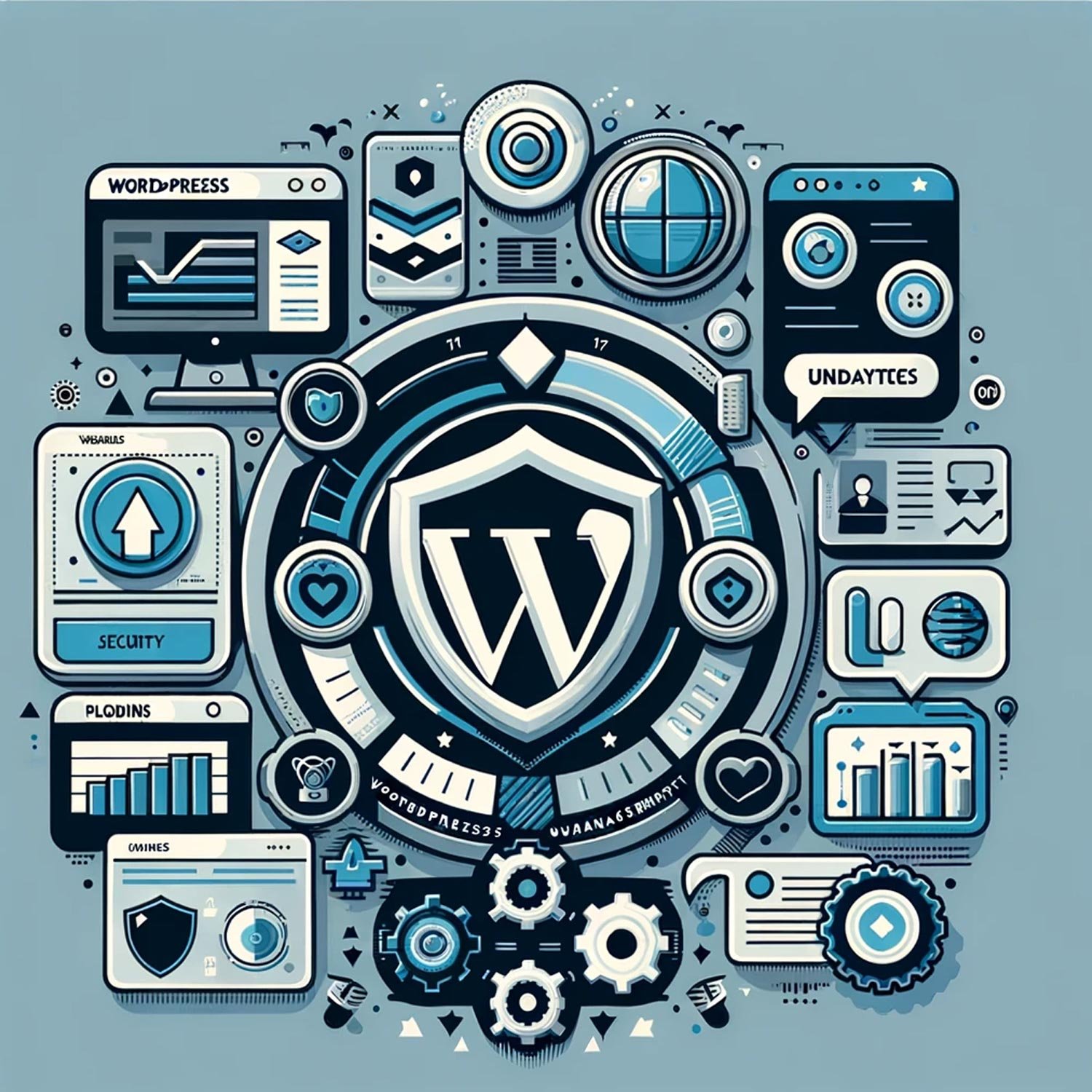
Mastering WordPress Management: A Comprehensive Guide
WordPress is a powerful content management system (CMS) that powers over 40% of all websites on the internet. However, managing a WordPress site involves more than just publishing posts and pages. It requires a deep understanding of the platform’s features, regular updates, security measures, and performance optimization. This article will delve into the intricacies of WordPress management and provide valuable insights to help you effectively manage your WordPress site.
Understanding WordPress Management
WordPress management encompasses a wide range of tasks, including content creation, theme and plugin updates, security monitoring, SEO optimization, and website performance tracking. These tasks ensure that your website remains functional, secure, and visible to your target audience.
Content Creation and Management
Content is the backbone of any WordPress site. It involves creating and updating posts, pages, and media files. WordPress provides an intuitive editor that makes content creation a breeze. However, managing this content requires a strategic approach, such as scheduling posts, categorizing content, and optimizing for SEO.
Theme and Plugin Updates
Themes and plugins are essential components of a WordPress site. They provide the design and functionality that make your site unique. Regular updates are necessary to ensure compatibility with the latest WordPress version, fix bugs, and add new features. However, it’s crucial to backup your site before updating to prevent any potential issues.
Security Monitoring
WordPress sites are a common target for hackers due to their popularity. Therefore, it’s essential to implement security measures such as regular backups, strong passwords, and security plugins. Regular monitoring can help detect any suspicious activity and take immediate action.
SEO Optimization
SEO is vital for increasing your site’s visibility on search engines. WordPress offers various SEO plugins that can help optimize your content, meta tags, and site structure. Regular SEO audits can help identify areas of improvement and keep your site optimized for the latest SEO trends.
Website Performance Tracking
Website performance affects user experience and SEO rankings. Therefore, it’s essential to monitor your site’s speed, uptime, and responsiveness. WordPress offers various performance tracking tools that provide detailed insights into your site’s performance and suggest improvements.
Conclusion
Managing a WordPress site is a continuous process that requires regular attention and effort. By understanding the various aspects of WordPress management, you can ensure that your site remains secure, functional, and visible to your target audience. Remember, a well-managed WordPress site can significantly enhance your online presence and contribute to your business’s success.
Questions and Answers
Q: What is WordPress management?
A: WordPress management involves a range of tasks including content creation, theme and plugin updates, security monitoring, SEO optimization, and website performance tracking.
Q: Why is WordPress management important?
A: WordPress management ensures that your website remains functional, secure, and visible to your target audience.
Q: How can I optimize my WordPress site for SEO?
A: WordPress offers various SEO plugins that can help optimize your content, meta tags, and site structure.
Q: How can I improve the performance of my WordPress site?
A: WordPress offers various performance tracking tools that provide detailed insights into your site’s performance and suggest improvements.
Q: What security measures should I implement on my WordPress site?
A: Implement security measures such as regular backups, strong passwords, and security plugins.
WordPress management, content creation, theme updates, plugin updates, security monitoring, SEO optimization, website performance tracking, WordPress SEO, WordPress security, WordPress performance.
Leave a Reply